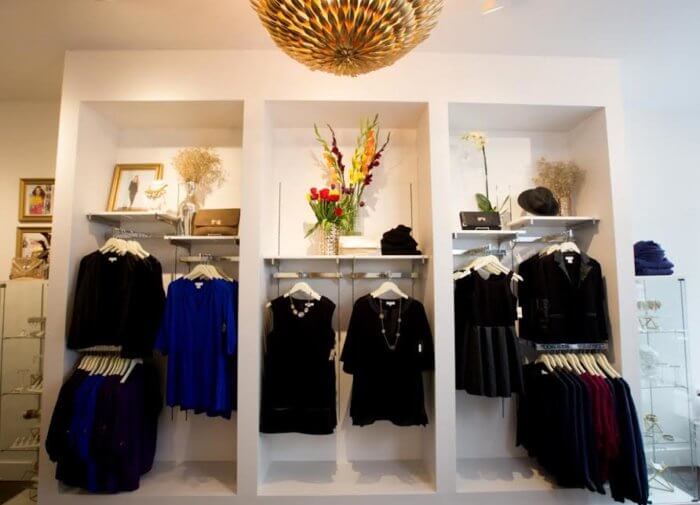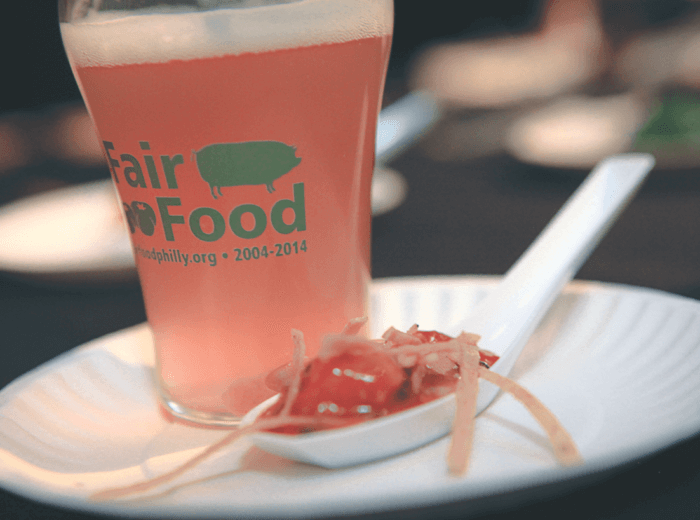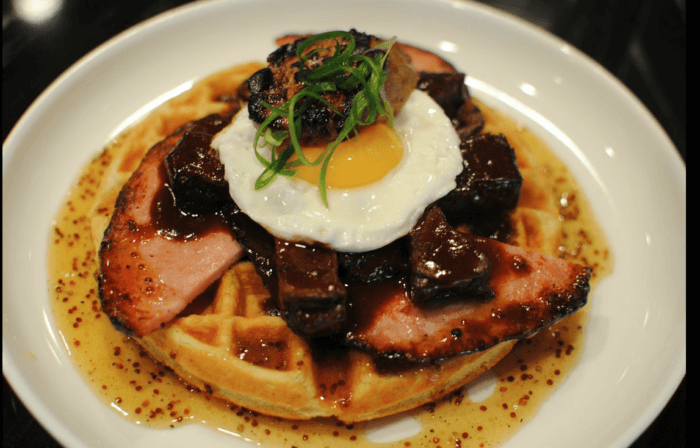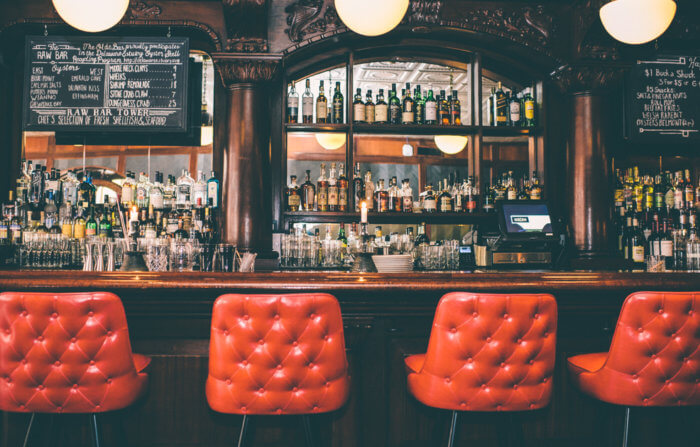When the Delaware Valley Fields Foundation (DVFF) hosts its first American Whiskey Convention, this Friday, the recently-formed, nonprofit organization, dedicated to encouraging grain production and farming in the area has a mission beyond just planting seeds and boozing it up. They’re here to teach you about Pennsylvania’s role in U.S. whiskey production. “Nonprofits tend to preach to the choir,” says Laura Fields, Event Organizer for the DVFF. “The wonderful thing about this gathering is that it allows for real outreach and instructional information while doing something fun. I mean, who doesn’t want to talk about and drink whiskey?” Fields calls Pennsylvania the birthplace of American whiskey and reminds the curious that this state was renowned for its rye production.
RELATED: Vegan Dottie’s Donuts opens in West Philly “Whiskey began its rise in America in Pennsylvania in the 17th and 18th Century,” she says. “When the Scots, Irish and Germans settled here, they found that the grain they had intended to grow — barley — didn’t work as our soil was rocky. Rye, however, grew like crazy.” An estimated 700 distilleries and distributors existed in Pennsylvania before Prohibition wiped out whiskey production.
“The growing of rye nearly ceased,” says Fields, “and bulk whiskey production shut down here.” When Prohibition ended, states controlled how whiskey was produced and liquor was sold with Pennsylvania being amongst the strictest. The first thing that turned up grain production in Pennsylvania was, in Field’s opinion, the craft beer boom of the ’90s.
“People who were making beer found you could translate that knowledge to whiskey distilling,” she says. “It’s a different art, but a lot of old beer guys are new distillers. You do know that whiskey is what beer wants to be when it grows up.” Beer dudes, that’s got to hurt. With a 2011 state statute allowing distilleries to sell their goods directly to the consumer, Pennsylvania’s whiskey biz was back in the game.
While other convention highlights include interactive (meaning, drinking) lectures with Dave Pickerell (the Johnny Appleseed of nu-whiskey) and master distiller Herman Mihalich, as well as displays of manly whiskey accoutrements (handmade shoes, Ashton cigars, bespoke suits, motorcycles), the American Whiskey Convention is about one thing: the magic of good booze. “Whiskey is a beautiful combo of art and science, all come by naturally — just water, grain, yeast and wood,” Fields says. “The same four grains can be manipulated to make thousands of styles of whiskey, just like a musician bends his instrument to make it sing differently with each note.”
Who knew? Philly is a whiskey town
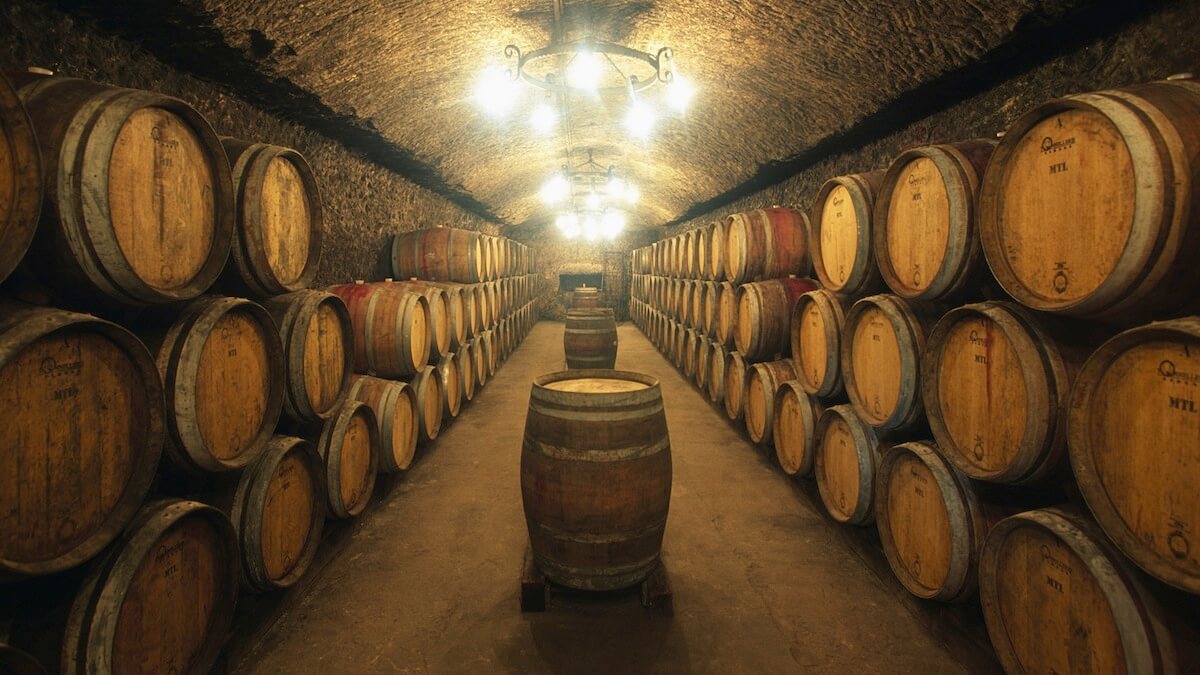
Provided
























